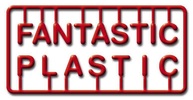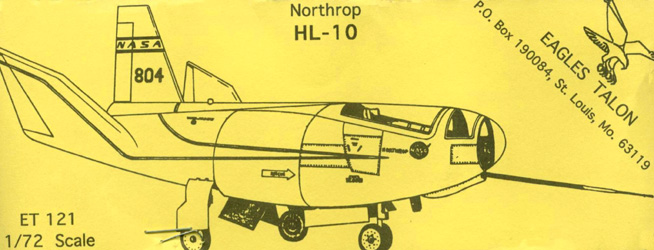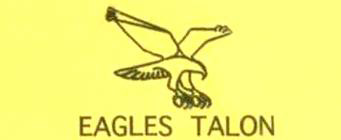Northrop H.L.-10 Lifting Body (1966)
About the Design
In the 1960s, NASA built several experimental vehicles to test the concept of a "lifting body," a shape that provided controlled flight without the use of conventional wings. NASA scientists knew that such technology was going to be critical to the success of the proposed Space Shuttle.
The most successful of these 1960s-era lifting body designs was the HL-10 (Horizontal Landing, 10th Concept), built by Northrop and engineers as NASA's laboratory in Langley, Va. Using a Thiokol Reaction Motors Division XLR-11 rocket engine, a modified F-106 fighter plane's ejection seat and the landing gear from a T-39 jet trainer, the HL-10 made the first of its 25 rocket-powered flights on November 13, 1967. Dropped from a modified B-52 bomber, the craft was ultimately able to reach an altitude of 90,000 feet and speeds of Mach 1.9. _
|
About the Kit
This 1/72-scale vacuform kit was available only briefly during the mid-1980s. The manufacturer, Eagles Talon of St. Louis, Mo., specialized in odd, exotic aircraft subjects, especially test vehicles such as this.
The original model came with a clear vacuform canopy. However, working with clear vacuform is a bitch, so this modeler elected to simply paint the "clear" sections reflective black. Vacuform wheels -- especially in 1/72 scale -- are also problematic, hence this model was equipped with in-scale landing gear and wheels from other "trash" models. Otherwise, this model was built from the kit's original issue. |


